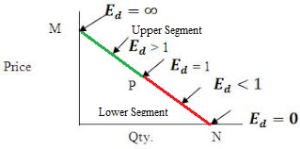Meaning: The law does not concern itself about trifles Meaning of De minimis non curat lex Word by Word: De: About Minimis: Minimal or very small things Non curat: not take care Lex: Body of law Explanation: The law does not concern itself about trifles (small acts). Small acts are those acts about which a […]
De minimis non curat lex







